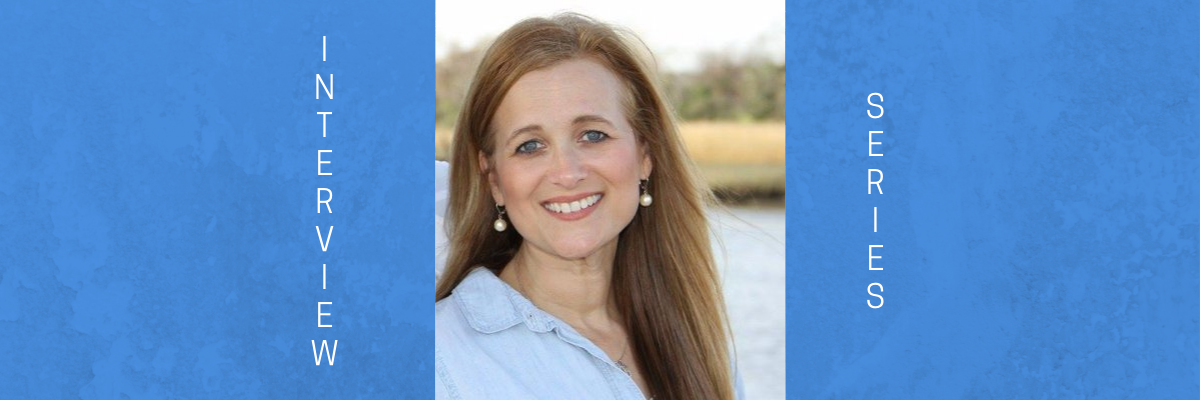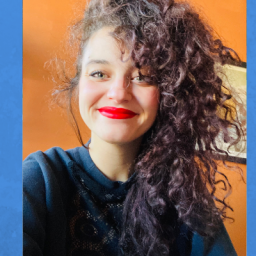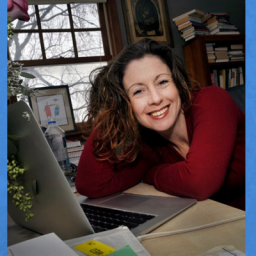Edie Cusack is a College of Charleston alumni and an award-winning, National Board-Certified Teacher who has educated and advocated for students with intellectual and developmental disabilities (IDD) for more than 30 years. Inclusion and self-determination are the philosophies she incorporated into the REACH Program, a postsecondary certificate program for students with intellectual and/or developmental disabilities at the College of Charleston that she created and developed in 2010. With a grant from the College Transition Connection program, the REACH Program has four areas of focus: academics, social, independent living, and career development. The REACH Program models a typical college experience. Students take regular classes and live on campus. As the Program’s executive director, Edie continues to break down barriers for post-secondary education students with mild intellectual and developmental disabilities. In addition to her work at the College of Charleston, Edie works with other universities to build inclusive programs that unlock entire new worlds for students with unique gifts to give.
In this interview, with our Different & Able President and Founder, Alexandra Nicklas, Edie discusses how after high school the college transition for students with intellectual difficulties is challenging. This is the time when students move out of their family home, navigate independence for the first time, and figure out who they are, and what they want to do with their lives. She also speaks about how the REACH program can be an inclusive educational experience for students with intellectual difficulties that prepares students for productive, full, and meaningful lives. Edie states, “I believe in the dignity of risk. College is a time to make choices, and a time to learn from those choices and their consequences. Our goal is for our students to experience college life through inclusive participation in academics, social-skill building, independent living activities and career development. We want our students to graduate and join the workforce where they live independently and hold a job they love.”




